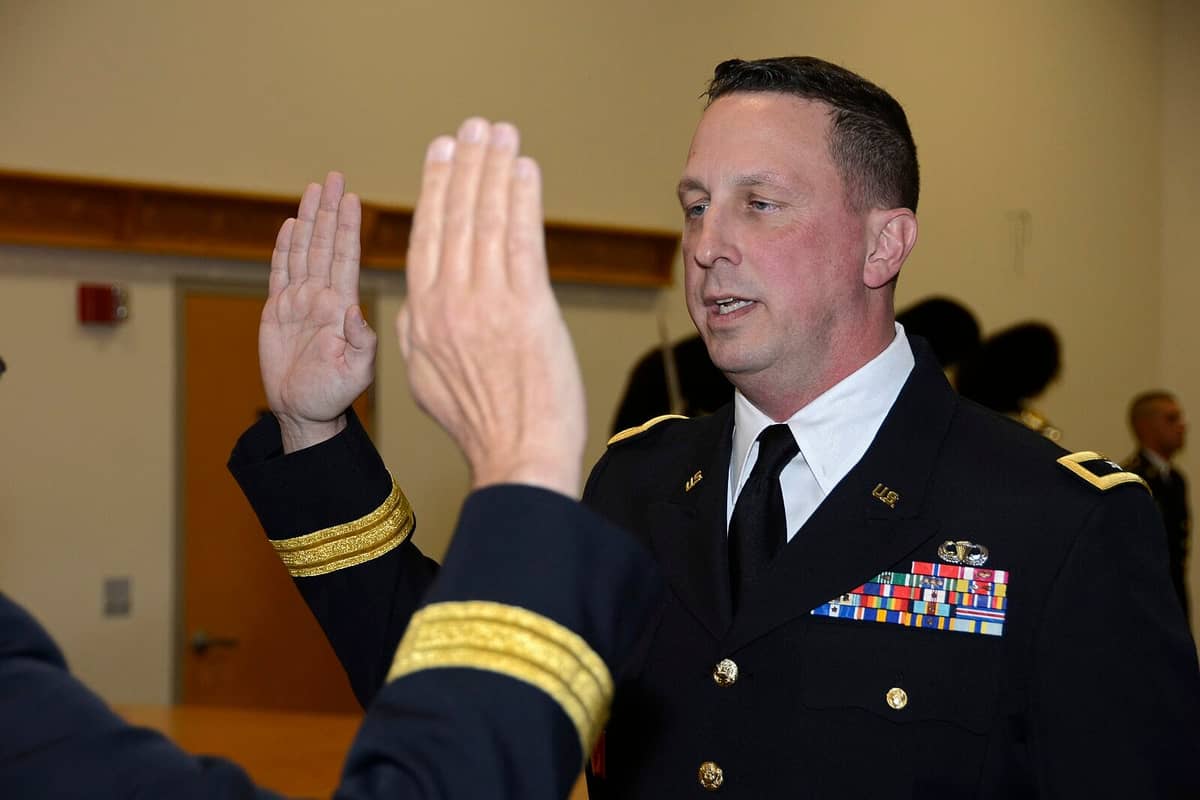The year was 1962, and then-president John F. Kennedy was puzzling over why so many young men were deemed ineligible for the draft. He commissioned a government study that provided the answer: Too many recruits were suffering from physical and mental health conditions that, if caught earlier in life, could have been treated and corrected.
That’s why his successor, Lyndon B. Johnson, asked Congress for a comprehensive benefit package that would screen children early and often for a range of conditions: vision and hearing problems, asthma, development delays, and other health issues.
“Our whole society pays a toll for the unhealthy and [disabled] children who go without medical care: a total of incalculable human suffering, unemployment, rising rates of disabling disease, and expenditures for special education and institutions,” Johnson wrote in his message to Congress.
What emerged was a screening protocol for children receiving healthcare through Medicaid, which now covers nearly half of U.S. children. Known as Early and Periodic Screening, Diagnostic, and Treatment, or EPSDT, Medicaid’s pediatric benefit package covers screenings and subsequent treatments that have helped generations of children grow into healthy adults and, in some cases, into capable men and women protecting our country.
This investment in the health of our children is now in danger as Congress contemplates severe cuts to Medicaid. Leaders of the House of Representatives announced plans to vote on a budget bill this week that would target Medicaid for $880 billion in cuts over the next 10 years.
When Medicaid was established in 1965, it included low-income children under age 21 but provided few standards for what that coverage should look like. Two years later, at LBJ’s urging, Congress added provisions focused not only on covering the acute illnesses or injuries that children suffer but also on fostering healthy development throughout a child’s life. Under Republican presidents in three subsequent administrations, Congress expanded outreach and family support, as well as broadening coverage for all physical, mental, and developmental conditions.
EPSDT’s health screenings and treatment enhance military readiness in a number of ways. First, they help develop healthy, well-educated children later capable of handling the rigors of military life. Research shows that children enrolled in Medicaid are more likely to graduate from high school. The program also provides access to mental health support, which has become increasingly important in the years since the Covid pandemic.
Because the majority of recruits come from low- or moderate-income households, health coverage provided by Medicaid and its companion program, the Children’s Health Insurance Program (CHIP), is essential. Military recruitment is facing a number of challenges, exacerbated by the pandemic, and the services barely met their goals last year. Currently, less than one-quarter of our nation’s 17-24-year-olds qualify for military service. Cuts to health care programs could worsen an already shallow recruiting pool.
Beyond recruitment, many military families rely on Medicaid for their children’s healthcare needs. TRICARE, the health insurance program for members of the armed forces and their families, does not account for the unique healthcare needs of children as extensively as Medicaid does and can leave families with out-of-pocket expenses. Annual checkups for older children are not always covered; nor is dental care.
TRICARE is an example of how capping funding for healthcare can affect children’s ability to get timely, necessary services. Funding for TRICARE is part of the defense department’s overall budget, which can create pressure to cut healthcare costs in favor of other priorities, affecting access to care.
That may explain why an estimated 850,000 people enrolled in Medicaid, including 220,000 children, have TRICARE as their primary source of coverage. Likewise, nearly one in 10 veterans relies on Medicaid for healthcare.
If we want a healthy military force, a healthy workforce, and healthy children, we need to keep Medicaid strong.
George M. Schwartz, Ed.D.
Brigadier General (Retired), U.S. Army
Pennsylvania National Guard























